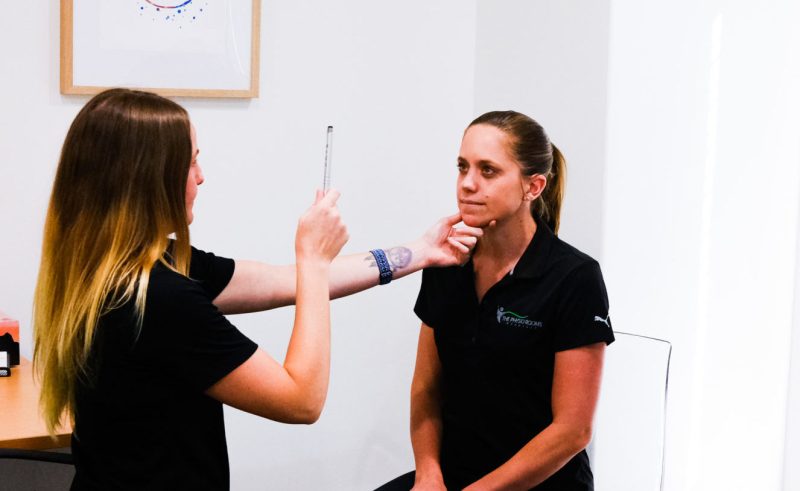If you have ever suffered from vertigo, you would know the horrible spinning, nauseous feeling it accompanies. A common cause of this vertigo can be BPPV, which stands for benign paroxysmal positional vertigo (an absolute mouthful). Let’s break it down:
Benign – not dangerous or serious
Paroxysmal – rapid, short, frequent onset of symptoms
Positional – determined by position
Vertigo – sensation of spinning and loss of balance
So, in essence, BPPV is a non threatening condition that is characterised by occasional intense yet brief symptoms of vertigo, depending on head position. But what goes on within the body to cause it?
The vestibular system sits within the inner ear complex. There are three semicircular canals in which fluid moves in, and tiny receptive hairs which respond to the movement of the fluid, detecting changes in head position and controlling balance. When crystals, called otoconia, dislodge from their usual position in the inner ear, they can fall into the semicircular canals and disrupt the normal flow of fluid in the inner ear. This leads to an overactive inner ear, which sends a stronger signal to the brain from one side. The brain then gets confused as the two sides do not agree about what the head is doing, which causes a false sense of motion and leads to vertigo.
Whilst 50-70% of BPPV cases are idiopathic (not linked to a particular cause), there are a few factors that can increase the likelihood of developing this condition:
• Age: increased age increases the chance of developing BPPV – most common in individuals over 50 years old
• Head trauma: a blow to the head can dislodge the crystals, triggering vertigo
• Ear disorders: inner ear infections or other ear-related conditions can increase the risk
• Extended bed rest: prolonged bed rest, such as after surgery, can lead to BPPV in some people
BPPV also has associations with migraines, diabetes and stress, as well as a possible hormonal link, and sinus disease.
Let’s explore some common triggers of BPPV:
• Getting in or out of bed
• Rolling over in bed particularly to the affected side
• Bending over
• Looking up
• Washing hair in the shower
• Looking down
• Climbing up and down ladders
• Standing up suddenly
In addition to vertigo, some individuals experience nausea, imbalance, unsteadiness, sore necks, headaches, muscle tension, and anxiety.
BPPV is very treatable, and physiotherapists are well-equipped to manage this condition through a series of specific head movements, called repositioning manoeuvres. The most well known technique is the Epley manoeuvre. This targets the posterior semicircular canal, which is the most commonly affected canal.
The Epley manoeuvre is a series of guided head and body movements designed to move the dislodged crystals from the semicircular canals back to their correct position. This can occasionally provide instant relief or significant improvement, but may require repeated treatments over several weeks for full recovery.
Vestibular rehabilitation is another option physiotherapists may use following ongoing imbalance or dizziness. This form of therapy focuses on improving balance and reducing dizziness through exercises that retrain the brain to adapt to the altered signals from the inner ear.
Physiotherapy can also aid the associated symptoms that can be experienced with vertigo, namely muscle tension, sore necks and headaches. A combination of soft tissue massage, mobilisation and dry needling may some techniques we can use to relieve these symptoms.
Although treatment is effective, BPPV can recur. To reduce the risk of recurrence, consider the following:
• Stay active: gentle, regular movement of the head and neck helps maintain the normal function of your vestibular system
• Sleep positioning: try to avoid sleeping on the side that tends to trigger symptoms if you are especially prone to BPPV
Physiotherapists play a vital role in diagnosing and treating BPPV, ensuring you can return to your normal activities with confidence. Whilst BPPV is a manageable condition, there are other causes for dizziness that can indicate more serious health conditions. If you’re struggling with dizziness or balance issues, don’t hesitate to reach out to use for a comprehensive assessment and personalised treatment plan.

